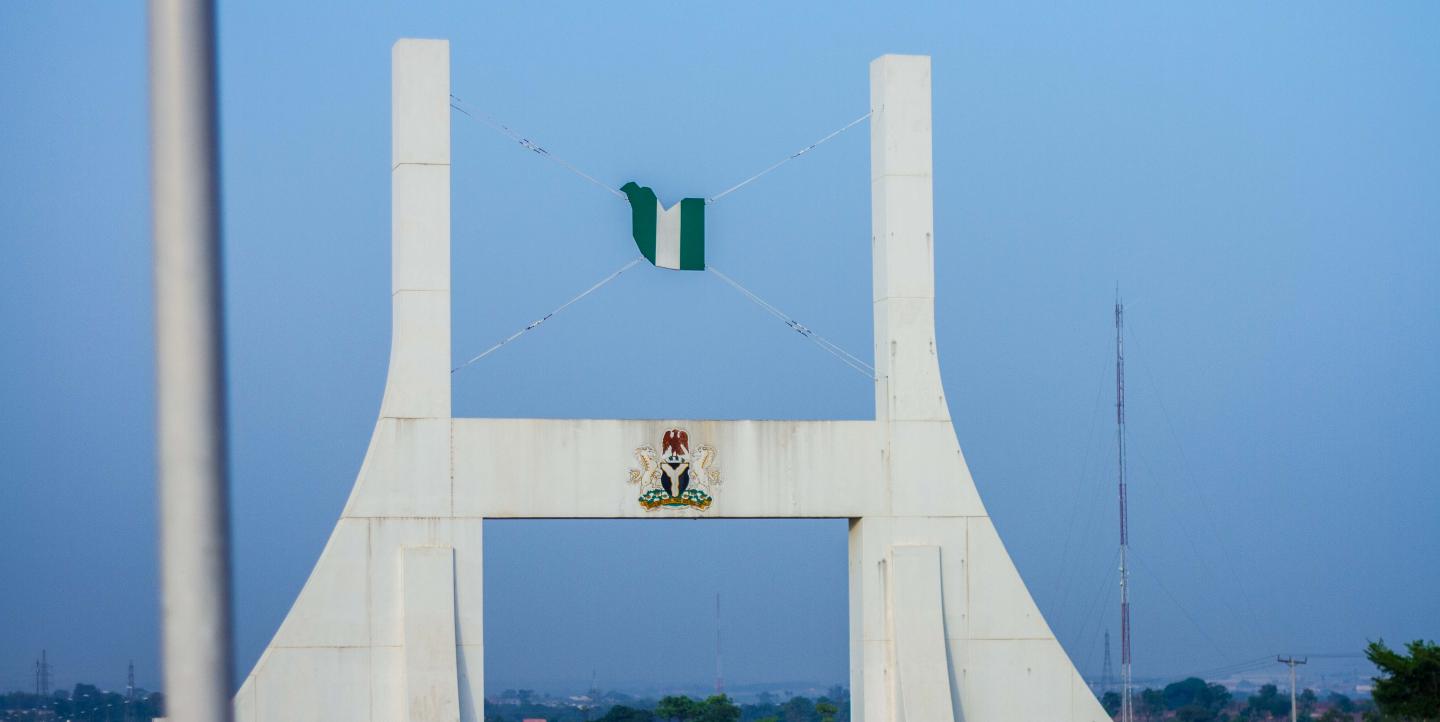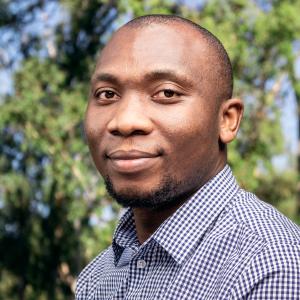More than 25 journalists and media outlets in Nigeria are anxiously waiting to be reinstated to their posts covering the presidency after the Presidential Villa’s media department revoked their accreditation in August.
The action effectively bars these journalists and outlets from covering the Presidential Villa, which is the workplace and official residence of Nigeria’s president.
Digital journalists, photographers and cameramen working for TV stations were among those stripped of their accreditation. Most leading mainstream media were not affected.
Ajuri Ngelale, the special adviser to newly elected President Bola Tinubu on media and publicity, said the move was an internal attempt to reduce overcrowding across all departments of the State House.
He told the International Centre for Investigative Reporting that, because the number of print photographers had increased tremendously, it was reduced to “ensure the efficient use of more than six remaining photographers, which does not include dozens of videographers still present.”
Harry Awurumibe, the Abuja bureau chief of Prompt News Online, one of the media outlets that had its accreditation revoked, said they are still waiting to be reinstated.
“Neither the Presidential Spokesman nor the Media Office have told us when those of us who were ejected from the State House and from State House Press Corps Gallery would be called back,” Awurumibe said.
Awurumibe and the other impacted journalists and media outlets were told to rely on their colleagues for video clips and other news content.
Media advocacy groups and civil society organizations, including Amnesty International, have condemned the action taken by the Tinubu administration, and are pushing for the accreditation of the journalists to be restored.
Amnesty International further noted that the Tinubu administration has started on the wrong footing for press freedom violations since he was elected.
The Socio-Economic Rights and Accountability Project (SERAP), a Nigerian-based civil society organization, urged the government to reverse what they described as an unlawful ban on journalists and media outlets.
The group asked President Tinubu “to publicly instruct the officials in the Presidential Villa to allow journalists and media houses to freely do their job and discharge their constitutional duty of holding those in power to account.”
“Barring these journalists and media houses from covering the Presidential Villa is to prevent them from carrying out their legitimate constitutional responsibility,” said Kolawole Oluwadare, the nonprofit’s deputy director in an August 26 letter.
In September, SERAP filed a lawsuit against the government over the withdrawal of the journalists’ accreditation.
Vanguard newspaper is one of the media outlets whose photojournalist’s accreditation was revoked. They are working on restoring the media passes, said editor Eze Anaba, adding that he is in talks with the minister of information who promised that they are working to resolve it.
One of the ways they are trying to resolve it is through the reconstruction of the presidential media team, explained Anaba, who is also the president of the Nigeria Guild of Editors and on the board of SERAP.
“The second aspect of it is that there is a case in court instituted by SERAP,” said Anaba. “That’s where we are now and we are waiting to see what will come out of the reorganization of the presidential media team.”
This is not the first time that journalists in Nigeria have had their accreditations revoked.
In 2020, more than a dozen media outlets were suspended from the Presidential Villa.
Femi Adesina, the then-special adviser to the president on media and publicity said the move was due to COVID-19, in an effort to limit the number of people gathering in one place.
In May 2015, Nigerian authorities revoked Deutsche Welle correspondent Ubale Musa’s accreditation for asking questions they considered embarrassing.
Then-President Muhammadu Buhari restored his accreditation after nearly two months.
The decision of the Presidential Villa Media Department to revoke the accreditation of journalists and media outlets was not connected to any story or investigation on the presidency, noted Anaba.
“We have another reporter covering the Presidential Villa,” he said. “They just yanked off names from the list, which I consider unprofessional."
Photo by Iamdavidrotimi on Iwaria.


